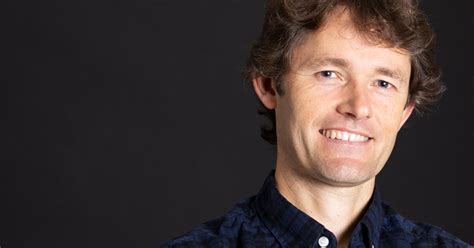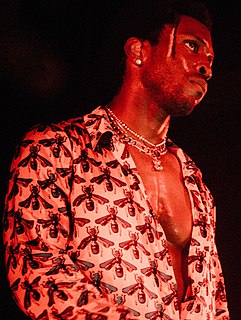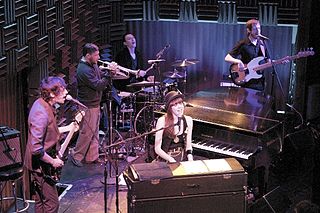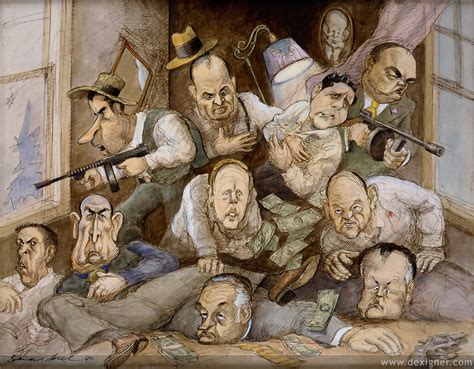A Quote by Tim Cope
Learning of my father's passing at age 55 not only shattered the world, far from home, that had become my reality, but catapulted my childhood and relationship with family - which had felt like another lifetime - into the present.
Related Quotes
This will sound like I grew up on another planet, except for those people who are past 55, 60 maybe. When I was growing up, my mother and her generation basically felt that you should only work as a way of passing time until you got married and had at least two children. And the only careers that were open for women at the time was teacher or nurse - which are fantastic careers, I mean fantastic and I actually am a former math teacher.
I had PubLIZity, I had Oh, Hello, I had Bobby and Farley - all of these sketches that were really these duo sketches, but the relationship between them is really what catapulted them forward. A lot of that, I think, came from Wayne and Garth, these two similar guys - they're Midwestern metal guys - but in the end, they're quite different because there's an alpha and a beta. And I think that model became very present for me on Kroll Show.
But why had he always felt so strongly the magnetic pull of home, why had he thought so much about it and remembered it with such blazing accuracy, if it did not matter, and if this little town, and the immortal hills around it, was not the only home he had on earth? He did not know. All that he knew was that the years flow by like water, and that one day men come home again.
Looking back I realize I had the perfect family background to become the political cartoonist that I became. My father was stupid, insensitive, and cruel, thereby making me distrustful of all authority. On the other hand, I had a warm, supportive and encouraging mother, which made me want to fix the world.
The loss of my childhood was the price for becoming the youngest world champion in history. When you have to fight every day from a young age, your soul can be contaminated. I lost my childhood. I never really had it. Today I have to be careful not to become cruel, because I became a soldier too early.
My childhood was very difficult. I had every childhood disease and then some, but my parents didn't mollycoddle me. They left me to fight those battles on my own. I guess that was very Canadian, very stoic. But it's good. I had to become a warrior. I had to give up hope and find a substitute for hope that would be far more stable.



































